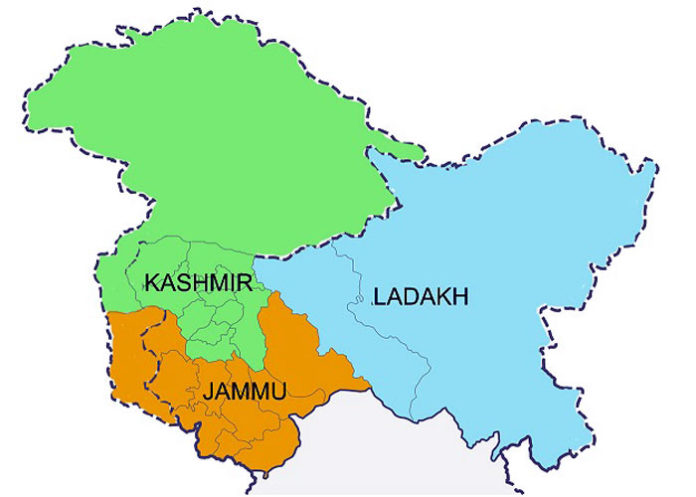Amidst tensions hovering over Jammu & Kashmir, Union Home Minister Amit Shah announced a resolution at Rajya Sabha that all clauses of Article 370, which gave special priveledges to the state have been revoked entirely. 
This announcement has divided India, with some condemning and some supporting while some confused over what is happening. So here is everything to know about the status of Jammu and Kashmir and the people living there before and after the revocation of Article 370.
- Constitution of Jammu and Kashmir – After the revocation of 370, there will be no separate constitution for J&K and its citizens.
- Before Article 370 – The citizens of the state enjoyed dual citizenship which was of the state and India both. After Article 370 – The citizens have just one citizenship which will be prevalent to all other citizens of the state.
- Indian citizens from other states of the country can buy and sell property in J&K.
-
The J&K State had two different flags of India and the state. After the revocation of 370, there will be no separate flag for J&K and it will be at par with the entire country.
- Geographical Changes: Before Article 370 – Jammu and Kashmir was a state of the country with separate provisions where Ladakh was a part of the state. After Article 370 – J&K is a Union Territory now with legislature while Ladakh is an independent Union Territory without any legislature.
- Central Laws:
Before Article 370 – Only state laws could apply before and the central government had no authority to declare financial emergencies.
After Article 370 – Central laws can directly be applied and it can declare financial emergencies under article 360 in J&K.
After revoking Article 370, Jammu & Kashmir has come at par with the entire nation.
Originally posted in Scoopwhoop


